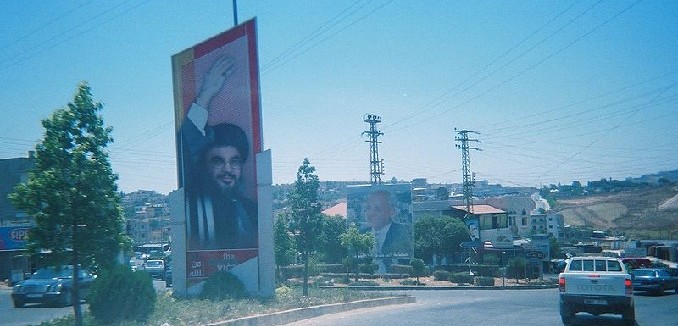Hezbollah’s decision to launch a small unmanned aerial vehicle (UAV) toward Israel today is not straightforward to understand. In that sense it’s similar to the decision to kidnap two Israeli soldiers in July 2006, Ehud Goldwasser and Eldad Regev, which triggered a war.
Many analysts will conclude that the organization’s desire to provoke Israel can be explained in only one rational way: Hezbollah’s political standing inside Lebanon has become so problematic that it launched the UAV to turn attention toward its operations against Israel and away from its operations inside Syria.
Hezbollah has not as of this evening Israel time claimed responsibility for launching the UAV. Perhaps, as when it piloted a UAV over Israel in October 2012, the group will wait 24 or more hours until it formally takes responsibility. It may also be the case that, as it was then, the group will make a media production of the incident on its television network, Al-Manar.
The group needs a significant media boost in Lebanon to counter the harsh criticism being leveled against it.
Though criticism against the organization has long been heard inside Lebanon, both in public and behind closed doors, it has rarely if ever been as vociferous as it has become in recent weeks.
Central political figures inside Lebanon have called for the group to be disarmed, while extremist Sunni religious leaders have called on Muslim youths to launch a jihad against Hezbollah inside Syria. Lebanese media seems to indicate that at least the latter call is resonating. In the last few days there have been several items in Lebanese outlets describing young Sunnis responding to the exhortations.
The result is that hundreds of Sunni Lebanese fighters are now following Hezbollah’s Shiite Lebanese fighters to do battle in Syria. There is not yet a sectarian war being fought inside Lebanon. But a small-scale Lebanese civil war has already begun on Syrian territory, and could easily find its way back home.
[Photo: Eternalsleeper / Wiki Commons]




